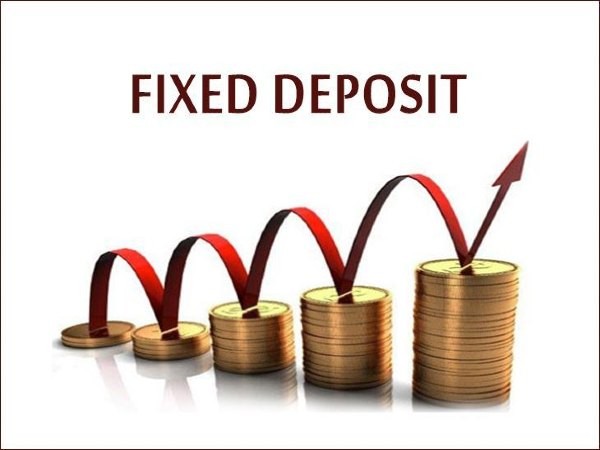When it comes to investing your hard-earned money, you should always plan ahead and conduct research before deciding on a strategy. This is due to the fact that numerous factors such as interest rate, investment period, and operational flexibility, among others, might influence your investment selection. As a savvy investor, you must weigh your options and devise an investment strategy after examining a variety of aspects.
When investing money, it’s tempting to get carried away by market trends and newspaper headlines, but it’s important to consider your investment goal, the amount of money you have, and your future financial needs. If you’re having trouble deciding between fixed deposit and post office fixed deposits as an investment, it’s a good idea to consider your alternatives carefully and make your decision appropriately.
- Fixed deposit
A fixed deposit scheme is when you deposit money in a bank account or with an NBFC for a predetermined period and at a predetermined rate of interest. As a financial tool, FDs have proven to be one of India’s safest and most promising investment options. It has consistently shown positive results over a long period of time. Fixed deposits are a good investment option for people who want to be conservative with their money.
- Post office Fixed Deposits
Post office savings schemes are not a single scheme, as the name implies. Instead, it gives a list of risk-free and dependable investing options. The post office schemes are available at all of the country’s post offices. PPF, which is available in every Indian city’s post office as well as all public and private sector banks, is one of the most well-known post office schemes which provided different post office FD interest rates for different tenors.
Wrapping Up
Both fixed deposit and post office savings plans have their own set of benefits and drawbacks. The amount of money you have to invest determines whether you should invest in a fixed deposit or a post office fixed deposits. Most post office savings schemes allow you to invest a nominal amount on a regular basis, whereas a fixed deposit allows you to contribute a lump sum amount for a defined duration. Before making an investment decision, you can plan your investment by examining numerous factors such as post office FD calculator, tax efficiency, and service quality.






